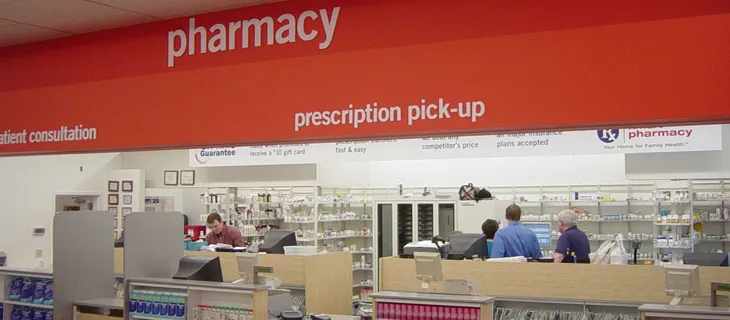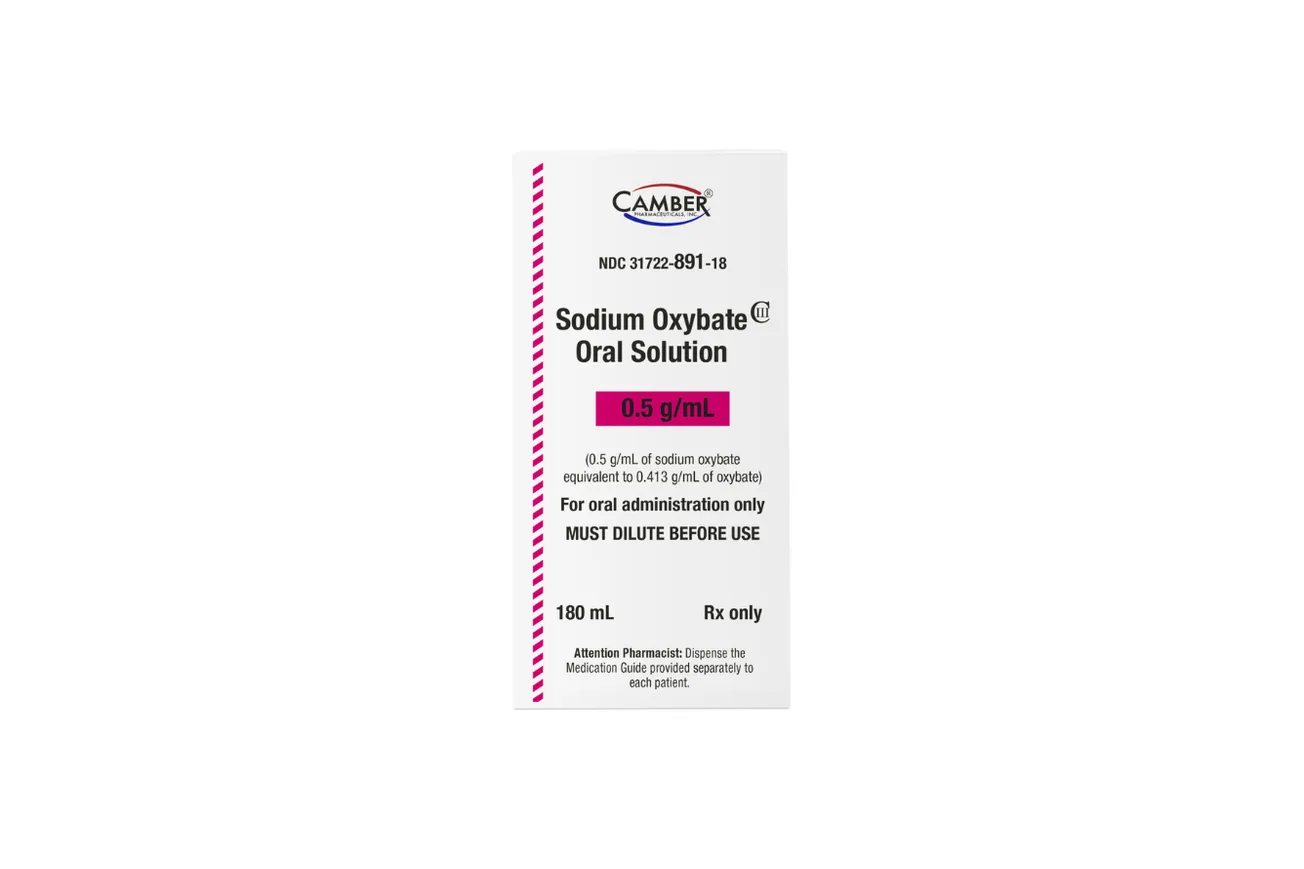
Nate Lucht
As specialty drugs grow in importance and prominence, this is an ideal moment to consider the essential and evolving roles retail pharmacies play in this significant health care category. Whether patients are using specialty treatments to cope with a rare cancer or some of the most common chronic illnesses, including psoriasis, rheumatoid arthritis (RA), Crohn’s disease or ulcerative colitis, the retail pharmacy is an essential part of their treatment and care.
In fact, the retail pharmacy is usually part of the chronic illness treatment process from the very beginning, long before a specialist makes a recommendation. Consider one of the most common chronic disease journeys, RA. Since RA affects nearly 1% of the U.S. population, RA therapy is an ideal example of the ongoing cycle of education and treatment for consumers with complex conditions.
Patients suffering undiagnosed RA typically first seek over-the-counter remedies for symptoms like soreness and stiff joints, and consult with pharmacists for advice on their still-undiagnosed condition. They may also look for devices to help accommodate reduced mobility or pain.
This process can take months or even decades, as Crohn’s patient Leo Nash shared in an interview in an industry publication, “I had stomach issues starting when I was in high school,” he says. “But I wasn’t diagnosed with Crohn’s disease until 2013. So, in a nutshell, I’ve been miserable almost all my adult life.”
Some time later, a primary care visit typically results in a prescription for a traditional oral anti-inflammatory, and if relief is not adequate, the patient will continue to consult with a pharmacist while seeking a referral to a specialist. That’s because the wait to see a retail pharmacist is a matter of minutes, but connecting with a specialist physician can take weeks or more.
“Whether a patient fills their prescription by mail, at a specialty pharmacy or in my retail pharmacy, I’m the one who is truly most accessible to that patient,” says Diana Blazek, clinical services coordinator for Kmart Pharmacy. “Patients with needs and questions are going to turn to a pharmacist at an open, nearby store, because pharmacists really are the most accessible of all health care professionals.”
Retail pharmacy a top destination
According to a 2018 study by students of the Virginia Commonwealth School of Pharmacy, 90% of specialty patients pick up at least one specialty medication at a brick-and-mortar pharmacy. Of those, the significant majority are dispensed at a chain retail location.
By volume, specialty drugs still account for just over 2% of total prescriptions. But because specialty drugs average over $4,500 per fill, they account for nearly half of all prescription revenue, up from 26% just 10 years ago. And the trend points to significant future growth. Specialty prescription rates are growing at twice the rate of traditional drug prescriptions. Over the past five years the majority of newly approved prescription substances were specialty medications, and hundreds more are under development.
How retail Rx supports specialty patients
In the case of a condition like RA, after a specialist makes a diagnosis and starts the patient on an appropriate specialty drug, the in-pharmacy conversation shifts. Instead of seeking relief from primary symptoms, questions about storage and travel with the sensitive drugs become more common. And pharmacies can play an important role in communicating and emphasizing adherence to the specialty drug regimen.
The diagnosis and the treatment plan reduce uncertainty, so the mindset typically shifts to a more upbeat attitude about treatment and outcomes, with a renewed understanding of how other products in the pharmacy can support overall health and well-being. In another industry publication, RA patient Lisa Hehn spoke about relying on her pharmacy for such O-T-C products as pre-cold treatments, hand sanitizers and vitamins to protect her compromised immune system.
No matter how patients fill their RA prescription, the pharmacy remains an important destination in their overall RA care plan. The reality is that for the 133 million Americans who live with rare and chronic diseases, the question “Could I feel better?” is rarely far from their minds.
“There’s a change in the pharmacy profession,” Blazek says. “We’re shifting to become more outcome driven and quality focused. Making sure that our patients — specialty and otherwise — are fully informed and fully equipped so that we can improve their disease states, reduce problems with comorbidities and keep them out of hospitals is very important.”
Rx services beyond delivery
Even when a specialty drug is not dispensed or administered in a retail pharmacy, the pharmacy still plays a significant role in education and patient care. Consider a recent in-pharmacy communication program Rx EDGE delivered for an oncology drug administered in a monthly outpatient setting. In the digestive health aisle of major chain pharmacies, the campaign placed messages advising patients to find more effective treatments through accurate diagnosis. Patients measurably responded to the messaging, resulting in a 3.1% lift in injections in test markets.
In addition to the general wellness and personal care options provided abundantly in today’s modern retail pharmacy, specialty patients will regularly seek additional advice because they pay such close attention to their health needs. Their conditions are severe and complex, specialty drugs frequently require special storage and handling, and significant costs are involved with their care. This makes specialty patients more likely than an average consumer to seek additional pharmacy resources, including injectable supplies and sharps containers.
Ongoing care for comorbidities
Another common reason for specialty patients to turn to a local pharmacy is the high incidence of comorbidity and side effects. For example, depression is frequently seen in patients with such conditions as psoriasis and MS, and there is the potential for liver damage with a number of specialty conditions and treatments. Because specialty medications are typically taken over the long term, if not for the patient’s entire life, these effects also require ongoing care and attention.
As a result, 83% of specialty patients take O-T-C medications to manage comorbidities. And 80% of patients on at least one specialty medication are considered to have multiple chronic conditions, which also need long-term attention and treatment.
New specialty horizons for retail Rx
The retail pharmacy is an ideal channel to communicate a variety of important health initiatives to specialty patients. Of particular note is the growing emphasis on and understanding of patient adherence. Even with the strong focus on symptom management and healthier outcomes, 50% of patients on specialty meds don’t take their medication as directed.
“Adherence is top-of-mind for today’s pharmacists, no matter what kind of patient you’re dealing with,” Blazek says. “And because payers are grading pharmacies on performance measures like adherence, pharmacy groups are putting more attention on these programs.”
There is also a substantial opportunity for retail pharmacies to become a trusted resource in education and discussion in the important emerging area of biosimilar and bioequivalent specialty medications. In much the same way that retail pharmacies played a major role in past decades educating patients about the choice between brand and generic conventional drugs, today’s pharmacy is perfectly positioned to discuss and consult with patients looking to better understand their options.
“As they progress, we see very educated consumers who are always looking to learn more about their bodies and their disease state, and still want to visit with their pharmacist for insights,” Blazek says. “It’s a very collaborative kind of care.”
Specialty is undeniably a growth area in health care, as longevity, new treatments and enhanced patient education raise the profile of the specialty category. No matter how or where consumers choose to receive their medications, the retail pharmacy will play a significant role in wellness and treatment before and after diagnosis.
Nate Lucht is president and chief executive officer of LeveragePoint Media/Rx EDGE Media Network.









